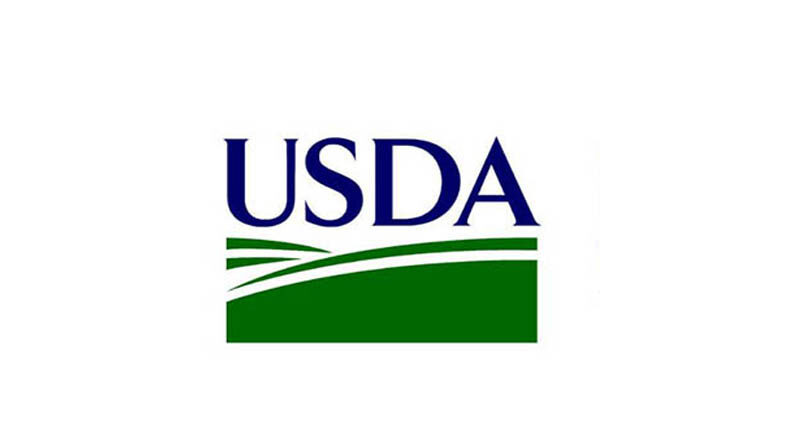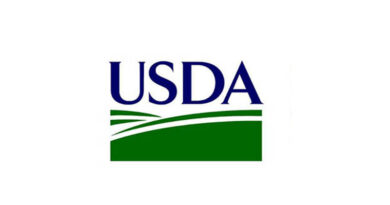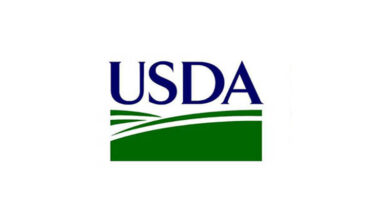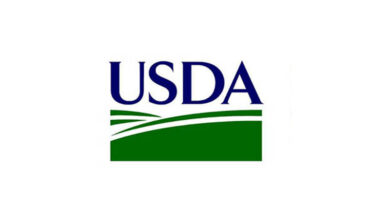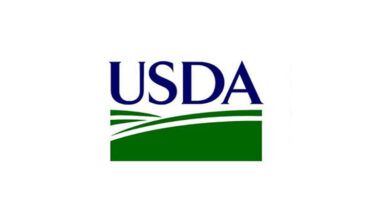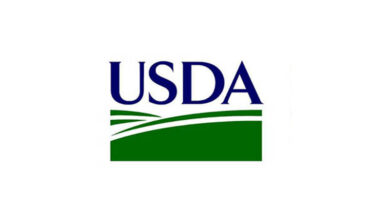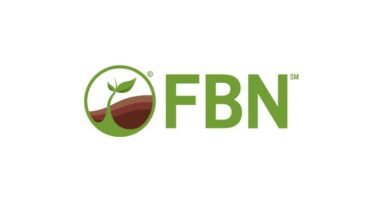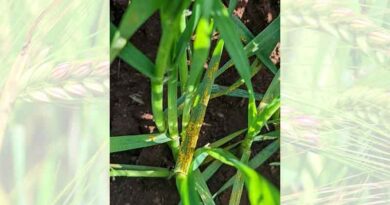FAS Keeps U.S. Agriculture Connected to the World in 2020
16 December 2020, Washington: Despite the challenges 2020 brought, the Foreign Agricultural Service (FAS) continued to lead the U.S. Department of Agriculture’s pursuit of global trade opportunities for American agriculture, successfully delivering on Secretary Sonny Perdue’s charge to “Do Right and Feed Everyone.”
Also Read: USDA Fiscal Year 2020 Sugar Program Announcements
“The U.S. agricultural industry and USDA have always taken pride in our ability to provide the world with high-quality, cost-competitive food, feed, fuel and fiber,” said Under Secretary for Trade and Foreign Agricultural Affairs Ted McKinney. “Even in the midst of a global pandemic, that commitment remained unwavering. Our worldwide team closely monitored the ever-changing situation and remained engaged with our international partners, not only to help minimize the COVID-19 pandemic’s impacts on trade and global food security, but also to expand export opportunities for our farmers, ranchers and processors.”
Among the global impacts of those efforts:
In January, the United States signed the landmark Phase One agreement with China, the world’s largest agricultural market, that addresses many longstanding trade challenges that have impeded U.S. exports. Since then, constant engagement and monitoring by the FAS team have been vital to ensuring that China lives up to its commitments to address structural barriers to trade and to substantially increase its purchases of U.S. farm and food products.
The FAS team ensured that U.S. agricultural interests were represented as the United States pursued bilateral trade agreements with Kenya and the United Kingdom, and the agency marshalled its resources in pursuit of long-term strategies to promote transparent, science-based trade policies that ensure agricultural sustainability and innovation in the European Union, Africa and elsewhere.
FAS also monitored implementation of two new free trade agreements – the U.S.-Japan Trade Agreement, which entered into force January 1, and the U.S.- Mexico-Canada Agreement, which entered into force July 1. The deals lock in greater market access and lower trade barriers for U.S. agricultural goods in some of the United States’ top export markets.
FAS led USDA’s day-to-day efforts to break down barriers and generate export opportunities for numerous U.S. farm products in 2020. This resulted in new market access for U.S. blueberries in Chile, shell eggs in Guatemala, bison in Mexico, processed egg products in Morocco and sorghum in Vietnam, as well as preservation of access to Japan’s market for U.S. confectionary products, oysters and cherries, to Taiwan for organic products, and to Thailand for fresh fruits.
FAS staff worldwide worked to ensure that U.S. goods arrived swiftly and safely at their intended destinations, assisting exporters in releasing more than 150 shipments that were detained at overseas ports of entry. Local staff were able to intervene to ensure that more than $90 million of perishable products arrived safely at their final destinations, including a $26-million shipment of soybeans to Pakistan, as well as sweet potatoes to the United Arab Emirates, bovine semen to Kazakhstan, almonds to Algeria, and even ice cream to Costa Rica.
The FAS Export Credit Guarantee Program also helped keep exports flowing, providing credit guarantees that supported sales of more than $2.2 billion in U.S. agricultural commodities to Latin America, Africa, the Middle East and Asia.
“Our on-the-ground presence proved especially vital as the COVID-19 pandemic took hold,” said FAS Administrator Ken Isley. “While we had to make some adjustments to our overseas operations to ensure the safety of our staff and stakeholders, I’m proud that the FAS team worldwide continued to monitor and report on agricultural trade and production, including the impacts of COVID-19, and continued to advocate for the interests of U.S. agriculture around the world.”
FAS provided a steady flow of information to U.S. agricultural stakeholders through daily and weekly monitoring of export sales and incisive reports from overseas posts, and by gathering and analyzing global trade and production data in preparation for USDA reports and forecasts.
FAS market promotion efforts carried on as well. With international travel for trade missions and trade shows on hold, the agency rallied to pursue new and innovative means of engaging with overseas customers and promoting U.S. farm and food products worldwide. This included piloting a series of virtual trade shows that are allowing U.S. exporters to connect directly, yet safely, with potential overseas customers.
FAS also “went virtual” with trade capacity-building workshops and seminars, educating more than 1,500 government officials, researchers, importers and others around the globe about agriculture and food production, standards and policies.
“As we reflect on a challenging, yet successful year, we also know that there’s still tremendous work ahead, especially with USDA forecasting near-record U.S. agricultural exports of $152 billion in fiscal year 2021,” said McKinney. “I’m confident U.S. agriculture will continue to succeed and break records and I feel reassured knowing that America’s farmers, ranchers, processors and exporters have the FAS global team on their side, leaving no stone unturned and championing U.S. food and agricultural products in every corner of the globe.”

